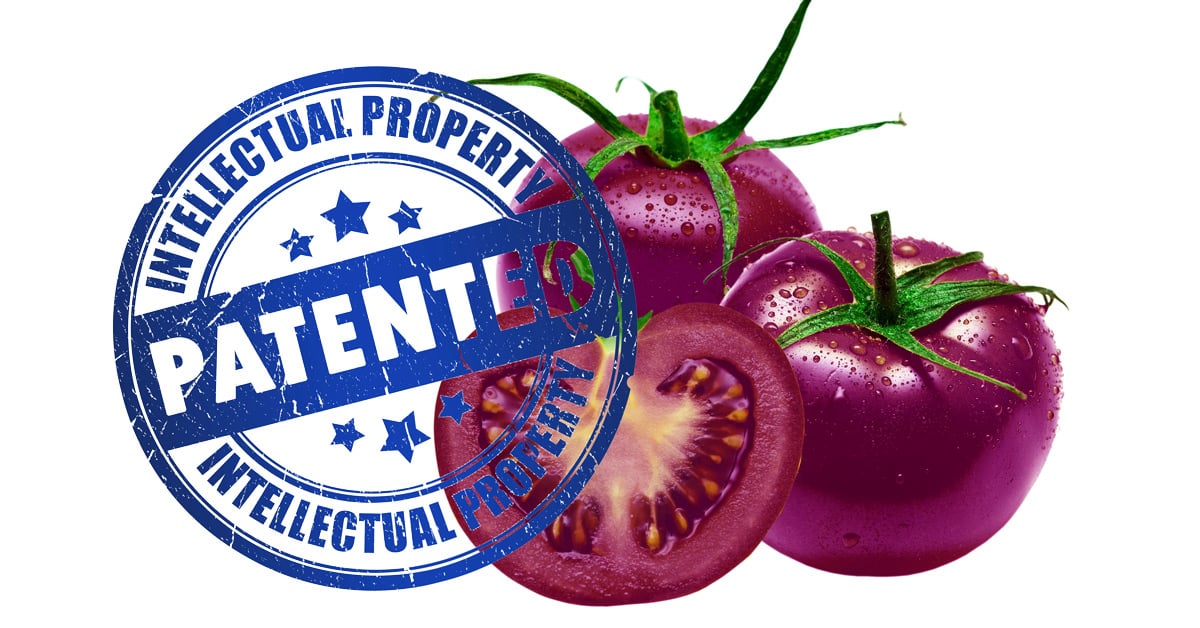

EPA Is Allowing Poisonous Seeds To Devastate Communities
by
Years after an environmental catastrophe linked to seeds coated in dangerous pesticides, a local community continues to pay the price. Action Alert!
Last year, we reported on an environmental catastrophe linked to the use of pesticide-coated seeds, which were utilized to produce ethanol at a plant in Mead, Nebraska. The toxic byproduct of this process was stored in “lagoons” that polluted the air, soil, and water in and around Mead. Now, years after the plant has closed, researchers are trying to assess the long-term impacts of this pollution for the environment and human health; their preliminary results are worrying. We should be concerned not just for the damage caused by this pollution, but the human health impacts of using pesticide-coated seeds to grow our food.
Residents in Mead were recently told by researchers assessing the damage that dust samples collected from some of their homes were contaminated with neonicotinoids at a “significantly higher” level than samples taken from houses in Omaha and Kennard, another rural community in Nebraska. There is not a lot of research on the health effects of breathing in pesticide-contaminated dust over a long period of time. But studies of unintentional human exposure to neonicotinoids show that exposure can lead to malformations of the developing heart and brain, autism spectrum disorder, and symptoms including memory loss and finger tremors.
Of course, the health effects of chronic exposure to neonic pesticides could go far beyond these effects. We’ve written previously about new research suggesting that our exposure to environmental toxins could be a major driver of chronic diseases. There may not be much research on the specific impacts of long-term exposure to relatively low levels of pesticides in the air, but it can’t be good.
Extensive environmental contamination was also reported by the researchers in Mead. While environmental assessments showed levels were dropping, pesticides were detected in streams six miles from the closed ethanol plant. Samples collected from a stream unaffected by the pollution showed the presence of snails, leeches, and worms, while water collected from sources near the plant lacked those species. Who knows what “downstream” consequences this loss of biodiversity could mean for the local ecosystems?
To recap how we got here: A processing plant located in Mead, Nebraska used seeds coated in neonicotinoid pesticides as part of its production process for ethanol, a corn-based fuel that is mixed into gasoline. A byproduct of this process was a toxic fermented seed mixture that the company, AltEn, sold to farmers as a soil “amendment” to boost fertility. What it couldn’t sell, it stored in massive “lagoons.” After the plant was closed by state regulators for multiple environmental law violations, a ruptured pipe sent 4 million gallons of contaminated wastewater into local waterways, contaminating local wells and groundwater, and potentially contaminating an underground aquifer that supplies water across the Midwest.
Residents described the stench of the fermented seed sludge as “acidic, rotten, dead.” If you lived near the plant, you couldn’t open your windows. Birds stopped coming to feeders. People reported nosebleeds and eye irritation. A dog who ate some of the seed mash became sick, exhibiting neurological symptoms. Bee colonies collapsed.
Seeds coated in pesticides led to the town becoming a virtual Superfund site, but it is astoundingly common for these seeds to be used to grow our food. There is a loophole in federal law that allows seeds to be coated with toxic pesticides without any requirement that the EPA assesses the environmental or public health effects of their use—meaning there is essentially no oversight of this practice. Over 150 million acres of farmland are planted with chemically-treated seeds, including nearly four tons of neonicotinoids. Almost every corn and cotton seed planted in the US is coated in pesticides, as well as about half of soybean seeds.
When a seedling grows from a treated seed, its roots can absorb some of the insecticide that coated the seed, but only a small fraction of the poison—as little as 2 percent—actually enters the seedling. Where does the rest go? Because neonicotinoids are water soluble, the rest of pesticide used to coat the seed can easily wash into nearby waterways, polluting streams and rivers across the US.
The EPA is, once again, selling consumers out to protect special interests. Seed companies are allowed to get away with poisoning our water, air, and soil with pesticide-coated seeds that don’t even deliver on the promise of higher crop yields. And these seeds are becoming the standard for growing commodity crops like corn, soy, and cotton. Avoiding these foods—and the ultra-processed foods that corn and soy are used to produce—is one way to avoid the potential health impacts of these coated seeds. You can also stick to organic produce or produce grown by local farms that you trust.
All of this underscores why we need to shift to a regenerative approach to agriculture. Rather than using seeds coated in man-made poisons to prevent insects from decreasing crop yields, recent research has shown that ants can be more effective than these chemicals at protecting crops. These kinds of strategies that do not rely on chemical inputs will make our food healthier because it will be free of contaminants; healthy food can support a regenerative approach to healthcare where diet, proper supplementation, and the avoidance of toxins and pollutants address key sources of our chronic disease epidemic.
We need to close the loophole that allows seeds coated in toxic chemicals to be used to grow our food without any oversight or safety evaluation.
Action Alert! Write to Congress and the EPA, telling them to close the loophole that allows pesticide-coated seeds to be on the market without safety evaluations. Please send your message immediately.





0 Comments